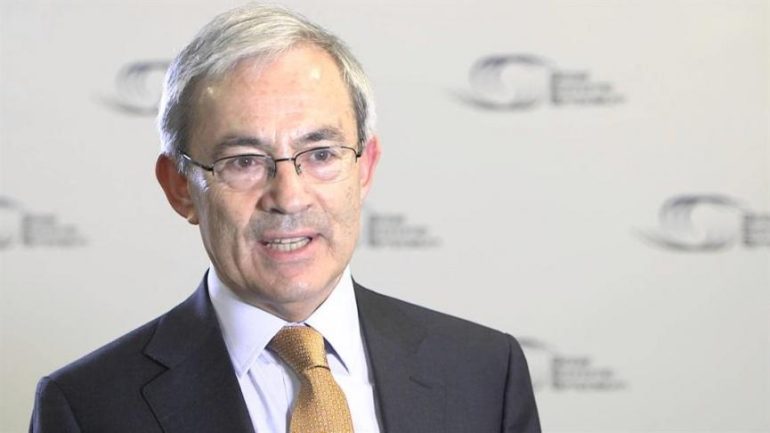Nobel Prize-winning economist explains why tech giants are not the "employer of the future" - Explains the crucial role of services and warns of the consequences if they continue to be on the margins of the "working elite"
The future of work is not in the technology giants, but in industries that are now considered inferior and on the margins of education systems.
The new jobs will come mainly from sectors with social interaction, ie from the service sector.
This was supported by the London School of Economics professor and Nobel Prize winner in economics, Christoforos Pissaridis, at the Greek Economic Summit 2021, organized by the Hellenic-American Chamber of Commerce, in collaboration with the Athens Stock Exchange, the US Chamber of Commerce and the Atlantic Council.
The hospitality, tourism, hospitality, entertainment / creation, arts / crafts, childcare or elderly care industries offer what economists now call "luxury goods".
The reasons that will offer the jobs of the future are two:
- on the one hand, because these services are based on human interaction, so employees can not be replaced by machines.
- on the other hand, because as disposable income increases, through technological progress and economic development, the demand for such services grows.
"As societies develop, citizens demand more 'personalized services', for example specialized medical care," Chr. Pissaridis. These are what economists call "luxury goods". "When an employee's income increases by a percentage, for example 10%, then his demand for such services increases by more than 10%."
They will be many, but they must also be good
The big bet for sustainable development, brought by new technologies and artificial intelligence, is that this development be inclusive growth.
At this point, special attention is needed, pointed out Chr. Pissaridis.
"In order to move forward, we must ensure that there are jobs for everyone and that these jobs promote prosperity," he said. "If we do not achieve this, the result can be negative, leading to division of society and extremely large inequalities. "And if we want the future to be sustainable, we must avoid it."
According to Mr. Pissaridis, there will be three factors that will determine the viability in each country:
- the institutional structure (transparency, funding opportunities, research promoters / new technologies, etc.)
- well-trained human resources
- government policy (employment support policies, education, investment incentives, etc.)
"We see that advanced countries, such as the United States, Great Britain and Germany, are becoming service societies. This is a good development. Unfortunately the sector was hit by the pandemic, but that will pass and the industry will grow again. What we need to do is ensure that the jobs that are created in the services are good jobs. We can not rest on our laurels and let digital companies dominate, even without a regulatory framework. "If we do that, the services sector will be constantly lagging behind and then growth will not be sustainable."
No one is safe
The revolution that artificial intelligence and new technologies bring to the workplace landscape leaves no one unscathed.
"The only thing we can say for sure is that with the advent of artificial intelligence it will not be only the unskilled who will suffer. "Artificial intelligence also affects skilled workers, in a way that we are not yet sure and therefore do not know how to deal with it," said Chr. Pissaridis.
According to the famous economist, education will be crucial for the shielding of workers. But in order to be effective, there are two conditions:
-universities to adapt curricula to the new data. "Greek universities are not distinguished in this field," noted Chr. Pissaridis and stated that only the top American and European universities have been successfully adapted.
- education to continue throughout working life and companies to provide training programs - something in which Greece is also not distinguished.
Finally, in the new working landscape the model "09.00-17.00" is tested. "The requirements are different, flexibility is required," Chr. Pissaridis.
SOURCE: Newmoeny.gr
